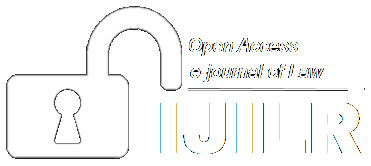The WHO Framework Convention on Tobacco Control: The First Global Public Health Treaty
Manipal University, Jaipur, India
Volume I – Issue I, 2020
Being a United Nations Organization, the World Health Organization (WHO) has a constitutional mandate to initiate the development and facilitate the adoption of international treaties, such as a framework convention. It has always been the case that WHO promoted and encouraged countries to make national laws and regulations to control tobacco, but it was never before that it used its constitutional mandate for the same. It was the first time when the WHO used its constitutional mandate to facilitate the creation of an international framework convention with the sole and primary purpose to focus on this global health issue. The WHO Framework convention on Tobacco Control (FCTC) was the first ever International public health treaty and its only focus was the Tobacco Control. However, analysing the laws of India that were formulated soon after this treaty results into the realization that the laws made by Indian Legislature do go beyond the obligations set out in the WHO Framework convention on Tobacco Control (FCTC) adopted by the World Health Assembly. The WHO FCTC provides clearly prescribed conditions in key areas like on prohibition of smoking in public areas, ban on advertising of tobacco products, labelling and packaging and sale to minors. This paper highlights the value of the WHO FCTC and discusses its key provisions to control the usage of tobacco and enlightens about the obligations on the part of member states of WHO. Further, the paper analyses the importance and impact of this treaty.
Keywords: WHO FCTC, Tobacco Control, MPOWER, Global Public Health Treaty.
